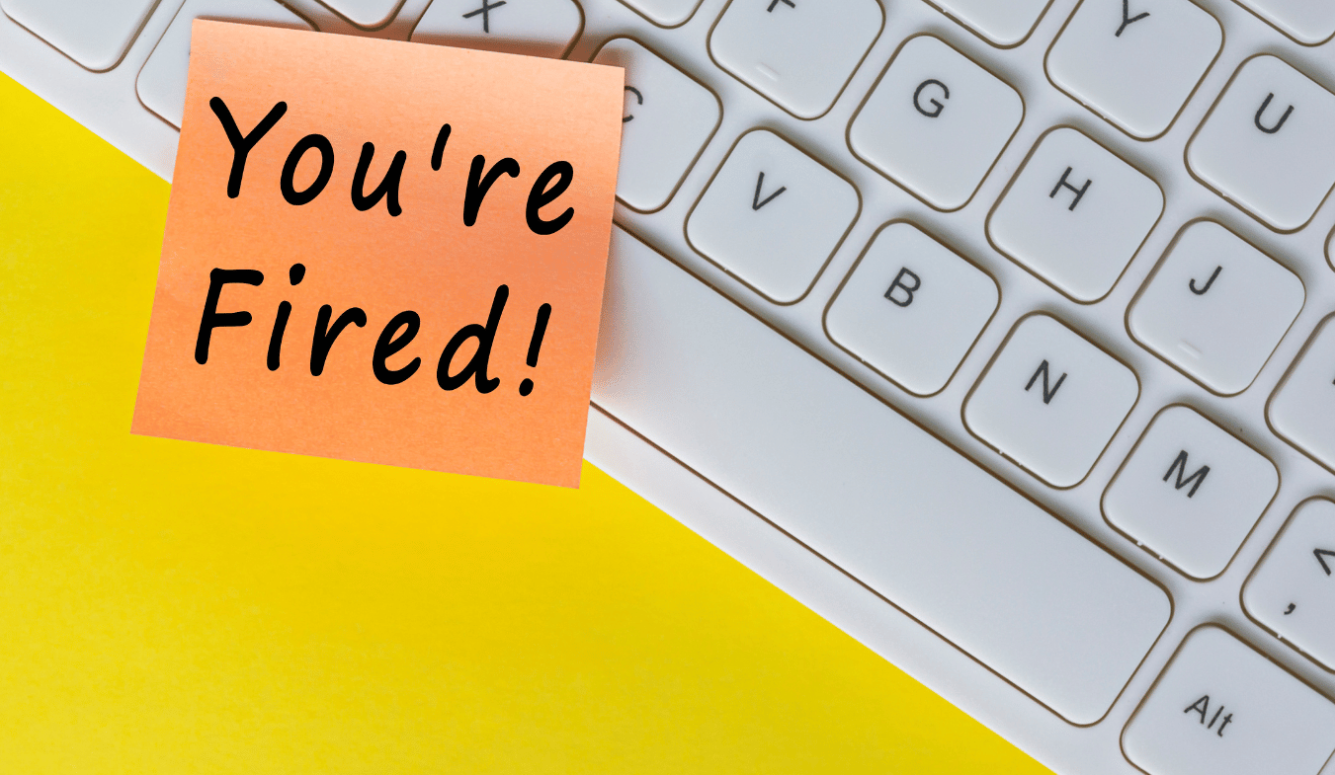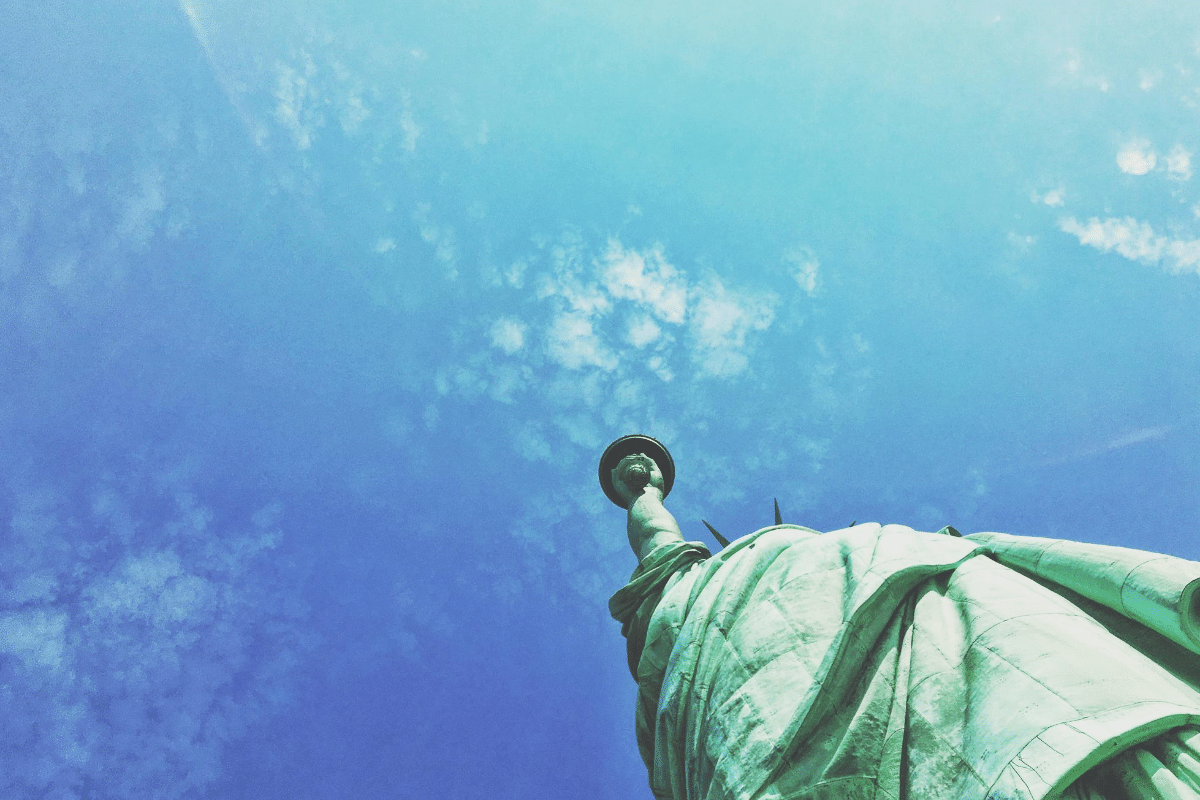Cancel Culture
The Return of Right-Wing Cancel Culture
It is dispiriting to watch some of the staunchest critics of woke politics engaging in their own brand of cancel culture.

You can often infer more about the health of a society from the way it reacts to events than from the events themselves. When US presidential candidate Donald Trump was shot in the ear last Saturday while giving a speech at a rally in Butler, Pennsylvania—a shot that would almost certainly have killed him had he not turned his head at the last second—the responses from most mainstream public figures were refreshingly civil. President Joe Biden tweeted that he was “grateful to hear that he’s safe and doing well,” while celebrities, politicians, and other world leaders offered their condolences to Trump and to the other victims of the shooting.
I have been briefed on the shooting at Donald Trump’s rally in Pennsylvania.
— President Biden (@POTUS) July 13, 2024
I’m grateful to hear that he’s safe and doing well. I’m praying for him and his family and for all those who were at the rally, as we await further information.
Jill and I are grateful to the Secret…
On the other hand, some members of the public were less genteel in their responses. Many engaged in an entirely predictable rigmarole of publicly lamenting that the shooter had missed. What was perhaps less predictable—at least to those of us who have come to associate cancel culture with the political Left—was the way in which activists on the Right have chosen to respond to these rather crude remarks by agitating for the offenders to be deplatformed or even fired.
Perhaps the most notable victim of this backlash was Kyle Gass, one half of the comedy rock band Tenacious D. When his bandmate Jack Black asked him to make a wish for his 64th birthday during a concert performance in Sydney, Gass responded with a sinister injunction: “Don’t miss Trump next time.” Although the audience laughed, and the concert proceeded as though nothing were amiss, repercussions soon became apparent. Senator Ralph Babet called for Gass to be deported. Gass’s talent agency also dropped him, while Black decided to cancel the rest of the tour and announced that future plans for the band were on hold.
Similarly, the political streamer known as “Destiny” was banned from the gaming and livestreaming platform Kick for his vitriolic—and frankly repugnant—comments condemning Trump, the shooter’s victims, and Republican voters in general. But most of the victims of this wave of cancellation have been ordinary people, whose careers have been derailed to punish them for off-the-cuff remarks and knee-jerk reactions. The popular X account @LibsofTikTok, for instance, has wasted no time cataloguing social media users who have made objectionable statements in the wake of Trump’s attempted assassination, contacting their employers to demand they be laid off, and exposing their personal details to the account’s 3.2 million followers.
So far the roll call of those who have been fired includes several teachers, a school counsellor, a university professor, a nurse, a community outreach manager, a worker for the dirt-track racing company Race On, a cashier at Home Depot, a staffer for congressman Bennie Thompson, a police sergeant, and a golf caddie. A medical assistant is currently under investigation: former Congressman George Santos thundered that he would “wreak havoc if @NorthwellHealth doesn’t take IMMEDIATE action on this individual.” Meanwhile the victims of these doxxings have found themselves besieged by hate mail on social media, including messages far more caustic than the offending remarks themselves, while schools and businesses have been deluged with abusive phone calls.
As the former representative in NY3 I will reek havoc if @NorthwellHealth doesn’t take IMMEDIATE action on this individual.
— George Santos (@MrSantosNY) July 16, 2024
I refuse to accept someone like this is in charge of the health care of so many long Islanders, Northwell do something NOW! https://t.co/bfkIxegDyd
The comments in question certainly are distasteful. “Too bad the shooter missed,” writes one of the social media users. “[H]e’s a martyr,” opines another, describing the would-be assassin. A third confesses to being “sickened with myself that I was disappointed the shooter missed.” In the US, employers have the right to dismiss employees whose social media posts might jeopardise the reputation of the company. Even America’s First Amendment, which guarantees freedom of speech for all citizens, makes an exception for incitement. That incitement, however, must be direct and clearly defined, a classification that scarcely applies to the social media comments in question—however crass or malicious they may be. Indeed, when Trump himself was impeached for “incitement of insurrection,” on the grounds that his pugnacious language had precipitated the 6 January attack on the Capitol, he was rightfully acquitted (although he was banned from Twitter).

Furthermore, many of the social media comments seem purely performative. Vicious remarks about politicians of all stripes are made every day on social media. The urge to condone acts of violence has plenty of precedents, from anti-Catholic responses to the assassination of JFK to the aftermath of the attack on Paul Pelosi. Nor would the comments about Trump have brought disrepute to the posters’ schools, businesses, and institutions had Libs of TikTok not chosen to share the offenders’ personal details with a wider public, forcing Home Depot, Northwell Health and other employers to make difficult choices under intense public pressure. As GB News host Andrew Doyle has pointed out, while people with public-facing roles, such as press spokesmen and journalists, may need to be more careful with their pronouncements on social media,
the vast majority of jobs do not in any way involve maintaining a public profile, and it seems grossly unfair to penalise people for mistakes that would in usual circumstances be almost instantly forgotten… It is perfectly possible that the woman fired from Home Depot might later have regretted her words, perhaps written unthinkingly in the heat of the moment.
While many of the mob are probably motivated by schadenfreude, others justify their cancellation crusades by arguing that it was verbal denunciations of Trump that led to the attempted assassination in the first place. Within a couple of hours of the incident, Senator J.D. Vance—soon to become Trump’s running mate—tweeted that the Biden campaign rhetoric “led directly to President Trump’s attempted assassination.”
Today is not just some isolated incident.
— JD Vance (@JDVance1) July 14, 2024
The central premise of the Biden campaign is that President Donald Trump is an authoritarian fascist who must be stopped at all costs.
That rhetoric led directly to President Trump's attempted assassination.
The trouble is that we cannot know the shooter’s precise motivations, nor can we pin the blame on something as nebulous as the rhetoric of a political campaign or on social media trolling. But people must be free to criticise a powerful politician like Trump in the strongest terms, even if those criticisms seem hyperbolic to his supporters. Trump’s detractors have made—and continue to make—similar accusations about his inflammatory rhetoric, claiming that such statements could spur people to physical violence. This is a cheap argument, whichever side uses it. Progressives have often indulged in dialectical gymnastics in their desire to equate words with violence and thereby punish minor speech infractions as though they were serious crimes. Conservatives should refrain from imitating the behaviour they have spent the last decade condemning. It is dispiriting to see the Right happily parroting the censorious language of the Left, and to watch some of the staunchest critics of woke politics engaging in their own brand of cancel culture.
The agents of 21st-century cancel culture have come predominantly from the Left, a phenomenon that has been attributed to the censorious tendencies supposedly endemic among socialist authoritarians, and which drove Stalin, Mao and others to enact some of the most repressive policies the world has ever seen. The likelier explanation, however, is that this is not so much a left-wing inclination as a constant temptation to anyone who exercises a modicum of power over others. Centrists and conservatives, as well as progressives who do not toe the party line, make for easy pickings in a culture dominated by progressive ideology. But the Left’s cultural hegemony was undermined when the former president came within an inch of losing his life.
Anyone who remembers Senator McCarthy’s crackdown on Communist sympathisers during the 1940s and ’50s knows that this is not the first time that leftists have been on the receiving end of ideological pogroms. The events of last Saturday and their aftermath should remind us that the struggle at the heart of cancel culture is not so much between Left and Right, as between the powerful and the powerless.






